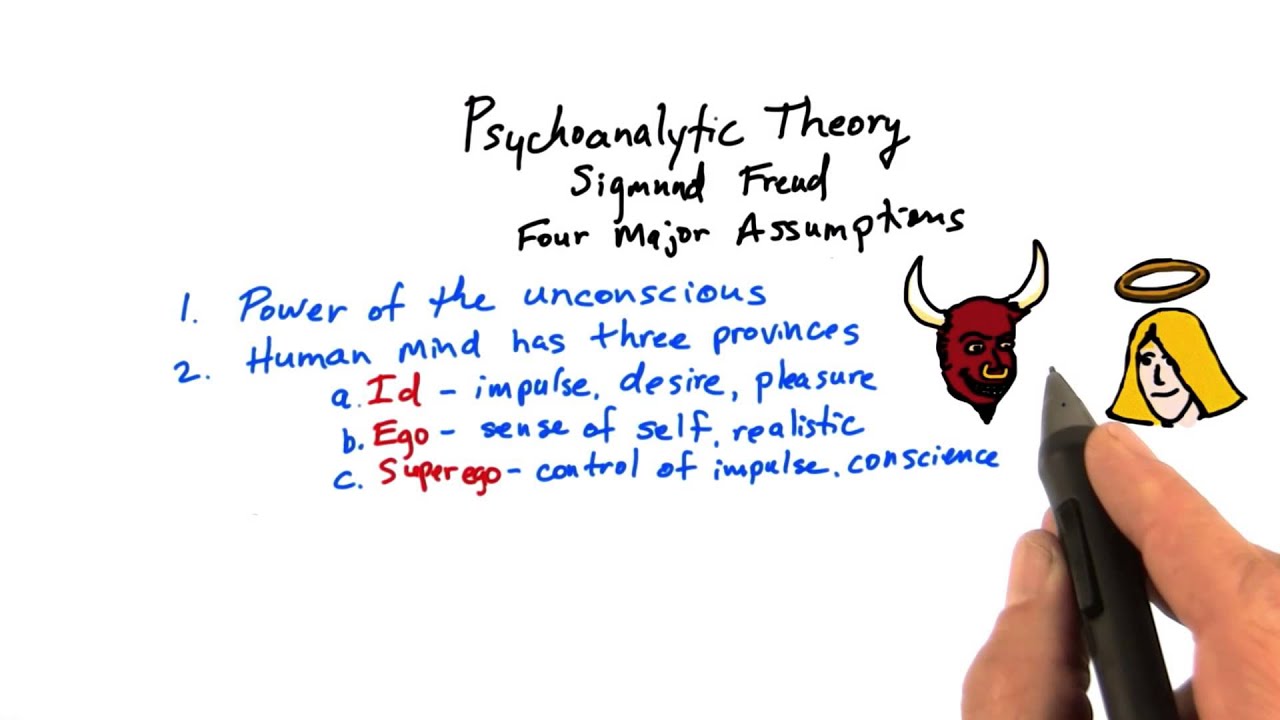
Psychoanalytic Theory
Little research has been done to find evidence of what causes histrionic personality disorder and from where it stems. Although direct causes are inconclusive there are a few theories and studies conducted that suggests there are multiple possible causes. There are neurochemical, genetic, psychoanalytical, and environmental causes contributing to histrionic personality disorder. Traits such as extravagance, vanity, and seductiveness of hysteria have similar qualities to women diagnosed with HPD. HPD symptoms do not fully develop until the age of 15 with treatment only beginning at approximately 40 years of age.[11] An example of over-zealousness could be compared to the famous "grande hystérie", a well-known demonstration of hypnotism by Jean-Martin Charcot by using his best-known subject, Blanche Wittmann. Wittmann was known for her attractiveness and ability to make herself the center of attention, based on her hysteria and lavish performance.
Studies have shown that there is a strong correlation between the function of neurotransmitters and the Cluster B personality disorders such as HPD. Individuals diagnosed with HPD have highly responsive noradrenergic systems which is responsible for the synthesis, storage, and release of the neurotransmitter, norepinephrine. High levels of norepinephrine leads to anxiety-proneness, dependency, and high sociability.
Twin studies have aided in breaking down the genetic vs. environment debate. A twin study conducted by the Department of Psychology at Oslo University attempted to establish a correlation between genetic and Cluster B personality disorders. With a test sample of 221 twins, 92 monozygotic and 129 dizygotic, researchers interviewed the subjects using the Structured Clinical Interview for DSM-III-R Personality Disorders (SCID-II) and concluded that there was a correlation of 0.67 that histrionic personality disorder is hereditary.

Psychoanalytic Theory
Though criticised as being unsupported by scientific evidence, psychoanalytic theories incriminate authoritarian or distant attitudes by one (mainly the mother) or both parents, along with conditional love based on expectations the child can never fully meet. Using psychoanalysis, Freud believed that lustfulness was a projection of the patient's lack of ability to love unconditionally and develop cognitively to maturity, and that such patients were overal l emotionally shallow] He believed the reason for being unable to love could have resulted from a traumatic experience, such as the death of a close relative during childhood or divorce of one's parents, which gave the wrong impression of committed relationships. Exposure to one or multiple traumatic occurrences of a close friend or family member's leaving (via abandonment or mortality) would make the person unable to form true and affectionate attachments towards other people.
Another theory suggests a possible relationship between histrionic personality disorder and antisocial personality disorder. Research has found 2/3 of patients diagnosed with histrionic personality disorder also meet criteria similar to those of the antisocial personality disorder,[10] which suggests both disorders based towards sex-type expressions may have the same underlying cause. Women are hypersexualized in the media consistently, ingraining thoughts that the only way women are to get attention is by exploiting themselves, and when seductiveness isn't enough, theatricals are the nextstep in achieving attention.[17] Men can just as well be flirtatious towards multiple women yet feel no empathy or sense of compassion towards them.[10] They may also become the center of attention by exhibiting the "Don Juan" macho figure as a role-play. Some family history studies have found that histrionic personality disorder, as well as borderline and antisocial personality disorders, tend to run in families, but it is unclear if this is due to genetic or environmental factors.[18] Both examples suggest that predisposition could be a factor as to why certain people are diagnosed with histrionic personality disorder, however little is known about whether or not the disorder is influenced by any biological compound or is genetically inheritable. Little research has been conducted to determine the biological sources, if any, of this disorder.